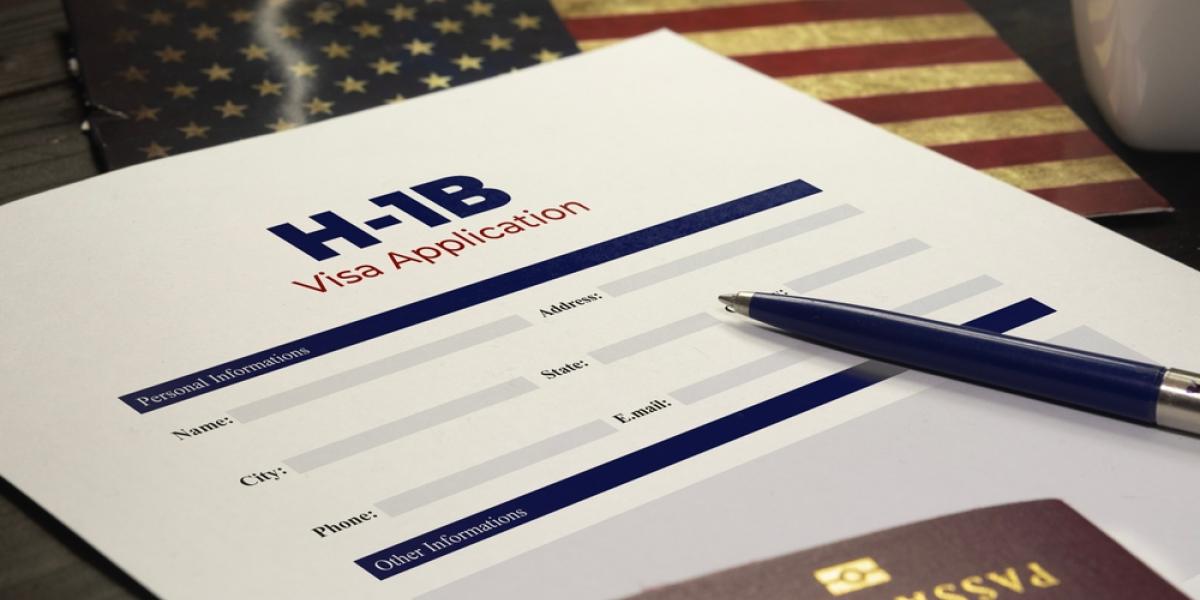
An Explainer
President Trump signed a proclamation late on September 19 announcing that H-1B nonimmigrants would be excluded from the United States unless their petitioning employer paid a new fee of $100,000. Created by Congress in 1990, U.S. employers use the H-1B category to hire highly skilled foreign workers. The total number of H-1B slots available each year is capped at 85,000 and they are awarded through an annual lottery. Demand far outstrips supply. Employees of higher education institutions and affiliated nonprofits are generally exempted from the cap.
- The administration clarified a day after the executive order was issued that the new fee does not apply to current H-1B visa holders, nor those who have already petitioned for one and are awaiting a response from USCIS.
- The fee appears to be generally triggered by an individual outside the United States who seeks to enter the country on an H‑1B visa based on an H-1B petition that was filed on or after the proclamation’s effective date (September 21). However, the wording of the proclamation and subsequent agency attempts to clarify it are ambiguous.
- The fee would be paid by the H-1B employer, not the H-1B beneficiary seeking the visa or admission to the United States but it is unclear how and when this fee would be collected.
- The language of the proclamation does not make clear if the fee applies to cap‑exempt entities such as higher education institutions, affiliated nonprofits, or research organizations, but the language of some agency guidance issued after the proclamation may give some hope.
- The proclamation does allow for some exceptions to the fee, if the Secretary of Homeland Security determines hiring the individual would be in the “national interest and does not pose a threat to the security or welfare of the United States.” It is not clear what such a determination will be based on or what the mechanism for seeking an exception would be.
- The administration's rationale for this proclamation—that it will aid American workers—could not be further from the truth. Domestic and international talent together build U.S innovation, as argued in the statement from Compete America, of which NAFSA is a member.
For more information, visit NAFSA’s website.
